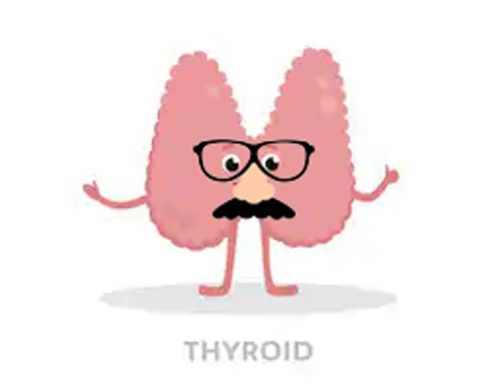Watch Part 2 of Salivary Hormone Testing
In this 3-part video Dr. Marcantel walks you through the results of a salivary hormone test, showing how the test can be used for identifying and treating hormone imbalances.
Transcript:
Hi, I’m Dr. Tina Marcantel. Today I’d like to talk about hormone test results.
Many people in our world today are stressed and stress affects the nervous system and the nervous system affects the endocrine system. That’s all the glands including the hormones. So I do see quite a number of people in my office today that have hormone imbalances. And we’re going to look at that, we’re going to look at the testing. One of the things that people say is, “But why, Dr. Marcantel, why do we need to do hormone testing with saliva versus hormone testing with blood?” Well, the reason is a good one.
Saliva testing checks at the intracellular level and that is an active form of hormone that I can see. We want to see the active form of hormone. In the blood test, on the other hand, the hormones cling to proteins in the blood causing the hormones to be inactive. So with the saliva test I can look at the more active form of hormone and it gives me much more of a precise reading and, in turn, will give a very precise protocol for the patient for the best results.
So what is a hormone saliva test? A patient comes in to the office, their symptoms show that they need a saliva test. So what we do is, we send them home with this test kit and there is a tube in here and some paper to answer some different questions, and they send it in the mail after they’ve collected it and we get it back in about ten days, giving us all the information that we need for that particular patient. That’s how simple it is to do the hormone testing.
Okay, so let’s give an example of going over a hormone lab result. You will see on the first page that these are all the hormones that we check. We check estradiol, progesterone, and the ratio of progesterone to estrogen. Now this is really important, that ratio, because a lot of times women in their menopausal years think that they may need estrogen. And the truth about it is, most women I have found in their menopausal years do not need estrogen. They need progesterone.
Most of the time what I see is a very low ratio of progesterone to estrogen. That means although the estrogen can be low, the progesterone can be even lower and thus we have a very low result of progesterone to estrogen. For this particular test, it was 46. That means that we have to look at getting on some progesterone. This is very important because in our society and in many foods there are phytoestrogens, which are plant estrogens, there are xenoestrogens, which are estrogens found in other things, and our count of estrogen seems to be going up a little bit more than usual. And it makes the progesterone go down lower.
Now why is progesterone so important? Because it is our anti-anxiety hormone. It is our anti-stress hormone, it is our anti-depressant hormone. And it works wonderfully, it helps people also to sleep. If people have trouble sleeping or getting that deep sleep and have anxiety issues and such, I will definitely give them some progesterone because I will have a confirmation not only from their signs and symptoms, from what their body’s telling us, but also from the test, which gives us confirmation that the ratio of progesterone to estrogen is low.
Watch Part 2 of Salivary Hormone Testing





